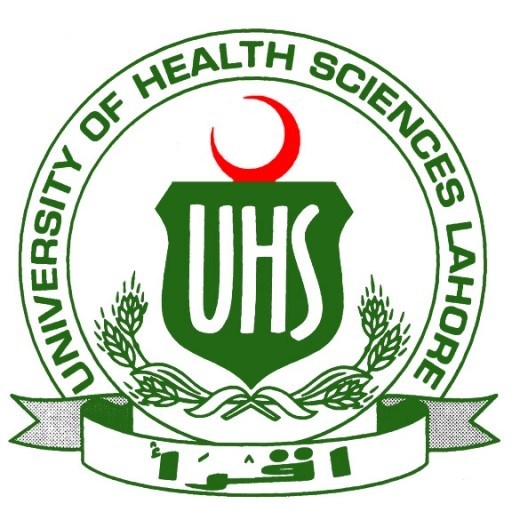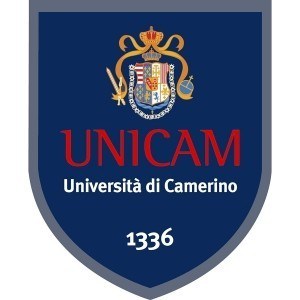Photos of university / #unigeneve
The Bachelor in Pharmaceutical Sciences at the University of Geneva provides students with a comprehensive foundation in the principles of pharmacy, pharmacology, and pharmaceutical sciences. This program is designed to prepare students for careers in pharmaceutical research, development, and healthcare by combining rigorous scientific training with practical laboratory experience. Throughout the program, students acquire knowledge in organic and inorganic chemistry, biology, physiology, and pharmacology, enabling them to understand the mechanisms of drug action and the development of new pharmaceutical products. The curriculum emphasizes experimental skills, critical thinking, and problem-solving abilities needed to innovate and improve therapeutic solutions. Students participate in laboratory sessions, internships, and project work that foster applied learning and industry-relevant competencies. Additionally, the program promotes interdisciplinary collaboration, ethical considerations, and a deep understanding of regulatory frameworks governing pharmaceuticals and healthcare. Graduates of this program are well-equipped to pursue careers in pharmaceutical companies, research institutions, regulatory agencies, or continue their studies at the master's level. The program also offers opportunities for international exchanges and collaboration, enhancing students' global perspective in the pharmaceutical sciences field. Overall, the Bachelor in Pharmaceutical Sciences aims to produce competent, ethical, and innovative professionals dedicated to advancing healthcare through scientific excellence and societal contribution.
Program Content for the Bachelor's Degree in Pharmaceutical Sciences at the University of Geneva
The Bachelor's degree in Pharmaceutical Sciences at the University of Geneva offers a comprehensive foundation in the fundamental principles of pharmacy, pharmaceutical sciences, and related disciplines. This interdisciplinary program aims to equip students with the necessary knowledge and skills to understand the development, production, and quality control of medicinal products, as well as their appropriate use in healthcare. Throughout the course, students will explore core topics such as chemistry, biology, pharmacology, pharmacokinetics, and pharmaceutical technology, providing a well-rounded understanding of how medicines are designed, formulated, and effectively delivered to patients.
The curriculum is designed to combine theoretical instruction with practical laboratory work, enabling students to gain hands-on experience in pharmaceutical analysis, formulation techniques, and quality assurance practices. They will also learn about regulatory frameworks governing the pharmaceutical industry, ethical considerations, and the importance of patient-centered care. Emphasis is placed on developing critical thinking, problem-solving abilities, and research skills, which are essential for advancing in the pharmaceutical sector.
Students will have opportunities to participate in internships and collaborative projects with industry partners, giving them real-world insights into pharmaceutical research and development, manufacturing, and distribution. The program also covers public health aspects, medication safety, and personalized medicine, preparing graduates to work in various roles within the pharmaceutical industry, healthcare settings, and research institutions. Upon completion, students will be equipped with a solid scientific background and practical experience, enabling them to pursue further studies or start their careers in the pharmaceutical sciences domain with confidence.
Program requirements for the Bachelor's degree in Pharmaceutical Sciences at the University of Geneva include completing a comprehensive curriculum that covers core topics such as pharmaceutical chemistry, pharmacology, pharmacognosy, biopharmaceuticals, drug formulation, and pharmaceutical technology. Students are expected to acquire foundational knowledge in biology, chemistry, and health sciences, often through prerequisite courses completed prior to or during the initial stages of the program. The program emphasizes laboratory work, with mandatory practical sessions designed to develop hands-on skills in drug preparation, analysis, and quality control. Additionally, students must undertake projects that encourage scientific research, critical thinking, and problem-solving within the pharmaceutical sciences domain. The curriculum demands active participation in seminars, workshops, and internships, which are often conducted in collaboration with local hospitals, pharmaceutical companies, and research institutions to provide real-world experience. English proficiency is required, as courses are predominantly taught in English, and students are expected to meet specific language standards toensure effective communication and understanding of complex scientific material. Students may also need to complete a final year thesis or research project demonstrating their ability to apply theoretical knowledge to practical pharmaceutical issues. The program may also include assessments through written exams, oral presentations, and coursework, enforcing a rigorous academic standard. To graduate, students must fulfill all coursework, practical work, project requirements, and any internship obligations outlined by the university. In some cases, mobility programs or exchange agreements with partner universities might be encouraged, requiring students to meet additional criteria such as language proficiency and relevant coursework to participate in international exchanges. Overall, the program aims to produce graduates equipped with the scientific expertise, technical skills, and professional attitude necessary for careers in pharmacy, pharmaceutical industry, research, or further study in pharmaceutical or medical sciences.
Related Scholarships*
- Academic Excellence Scholarship
"The Academic Excellence Scholarship can provide up to a 50 % reduction in tuition per semester. These scholarships will be renewed if the student maintains superior academic performance during each semester of their 3-year Bachelor programme. The scholarship will be directly applied to the student’s tuition fees."
- Alumni Study Travel Fund
Scholarships for students who are already attending the University of Reading.
- Amsterdam Merit Scholarships
The University of Amsterdam aims to attract the world’s brightest students to its international classrooms. Outstanding students from outside the European Economic Area can apply for an Amsterdam Merit Scholarship.
The Bachelor in Pharmaceutical Sciences at the University of Geneva is a comprehensive undergraduate program designed to provide students with a solid foundation in the chemical, biological, and pharmaceutical sciences. The curriculum integrates coursework in chemistry, biology, pharmacology, and pharmacokinetics, aiming to prepare graduates for careers in drug development, quality control, and pharmaceutical research. Throughout the program, students gain practical skills through laboratory work and internships, which enhance their understanding of pharmaceutical processes and regulations. The program emphasizes critical thinking, scientific communication, and ethical considerations in pharmacy practice. It also offers opportunities for specialization in areas such as medicinal chemistry, pharmacovigilance, and personalized medicine. The faculty comprises experienced researchers and practitioners dedicated to providing high-quality education and mentoring. The program collaborates with hospitals, pharmaceutical companies, and research institutions to ensure students are exposed to real-world challenges and innovations in the field. Graduates of the Bachelor in Pharmaceutical Sciences are well-equipped to continue their education with master's programs or to enter the pharmaceutical industry and healthcare sectors. The university's commitment to research and international collaboration ensures students receive a global perspective on pharmaceutical sciences, aligning their training with current scientific and technological advancements. The program typically lasts three years and is delivered in English, attracting both local and international students interested in advancing their careers in pharmacy and related disciplines.









